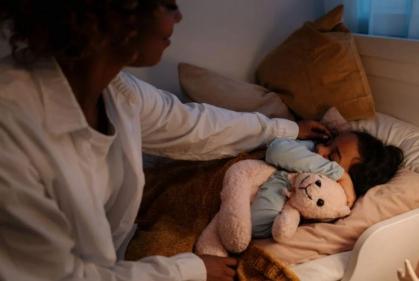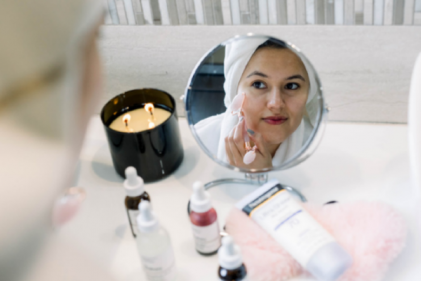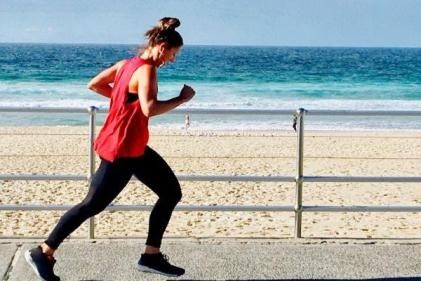Meningitis is an inflammation of the meninges, which are the membranes lining the brain and the spinal cord. The cause is usually viral or bacterial infection.
When a baby 2 to 3 months old has meningitis it is called neonatal meningitis and whether it is caused from a virus or bacteria, can be extremely serious.
In older children with viral meningitis will not be as sick and will usually fully recover in about ten days. However, when the cause is bacterial, the condition is much more serious.
Bacterial meningitis is more common and often caused by enteroviruses such as coxsackie, which causes hand, foot, and mouth disease, herpes simplex, which causes cold sores, and group B streptococci and haemophilus influenza, which are responsible for Hib disease.
In the early stages, the signs and symptoms can be similar to many other more common illnesses, for example flu. The hallmark signs of meningitis are fever, a stiff neck, a headache, and sensitivity to light. A rash (or spots) which can still be seen when the side of a clear drinking glass is pressed firmly against the skin is a sign of meningococcal septicaemia. This rash may begin as a few small spots anywhere on the body and can spread quickly to look like fresh bruises.
However, symptoms of meningitis can differ from child to child, making it very difficult to detect. Trust your instincts though - if you suspect meningitis get medical help immediately and don't take no for an answer if your gut feeling is bad.
The spots or rash are caused by blood leaking into the tissues under the skin. They are more difficult to see on darker skin, so look on paler areas of the skin and under the eyelids. The spots or rash may fade at first, so keep checking.
However, if someone is ill or is obviously getting worse, do not wait for spots or a rash to appear. They may appear late or may not appear at all.
However, if someone is ill or is obviously getting worse, do not wait for spots or a rash to appear. They may appear late or may not appear at all.
Symptoms in a baby or toddler can include any of the following:
- Fever, cold hands & feet
- Floppy, listless and/or unresponsive
- Refusing food
- Drowsy difficult to wake
- Vomiting
- Spots/Rash on body
- Pale, blotchy skin
- Rapid breathing
- Fretful and/or dislikes being handled
- Unsual cry or moaning
Symptoms in children can include any of the following:
- Fever, cold hands & feet
- Spots/Rash on body
- Severe headache
- Confusion and irritability
- Stiff neck
- Severe muscle pain
- Dislike bright lights
- Drowsy difficult to wake
- Vomiting
- Stomach cramps and/or diarrhoea
When meningitis is suspected a doctor will perform a spinal tap, along with taking blood and urine samples. If viral meningitis is diagnosed, the treatment will usually be minimal and symptoms will be treated like flu symptoms.
If the diagnosis is bacterial meningitis, hospitalization is normally required. Strong antibiotics will be administered through an IV. The treatment could take two to three weeks. If the bacterial meningitis is caught early, chances of full recovery are good.
One of the things you can do to prevent your child from contracting meningitis is to make sure they are current on their vaccinations.










